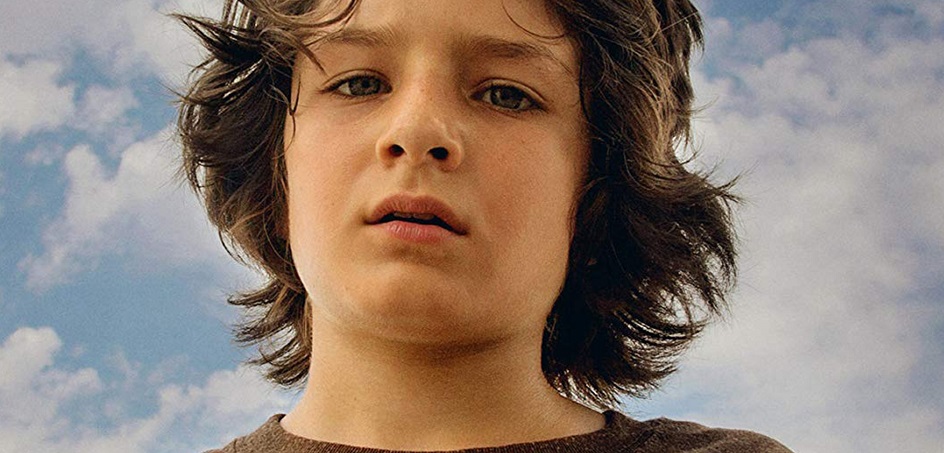At the Edinburgh Filmhouse from Tue 7 May 2019
Mid90s, the ambitious directing debut from Jonah Hill, follows the story of 13-year-old Stevie (Sunny Sujlic), who befriends a gang of impoverished skater kids in the Los Angeles of the titular time period. We follow Stevie as he makes his way through his formative experiences, including skating, smoking, drinking and under-age sex, and see him develop from a timid young boy into a rebellious teen going by the nickname “Sunburn”.
However, all is not well for this gaggle of Little Rascals in baggy jeans as they struggle with conflict, societal expectations and, eventually, the consequences of the drugs and alcohol that feature prominently in their young lives.
Anyone going to see Mid90s expecting a nostalgic love-letter to the pre-internet days will be disappointed, because that’s definitely not the experience it delivers. In fact, it is really only the title that borrows from the time period; with a few aesthetic tweaks, it could have been set in any other time at all.
This punchy little picture is really a study of masculinity played out by Stevie and his friends, Ray (Na-Kel Smith), Ruben (Gio Galicia), “Fourth Grade” (Ryder McLaughlin), and “Fuckshit” (Olan Prenatt), set in a time period that is really just a backdrop – and it succeeds massively in conducting it.
The relationships between Stevie and his friends, as well as those with his single mother Dabney (Katherine Waterstone) and brother Ian (Lucas Hedges) are the film’s core. Hill’s intelligence, optimism, and genuine talent as a writer and director are evident and the audience becomes involved quickly in the welfare of each of the main characters and their struggle.
The depiction of these relationships, seen through the perspective of a confused and lost young boy searching for his place in the world, point to the film’s main premise that – despite the horrible things that happen to them – young men are fundamentally good. This becomes apparent in the film’s climactic scene and innovative credits sequence, which show that these young men will be there for one another when it matters most. In essence, Mid90s is a much-needed depiction of masculinity in a positive light.
However, as good as message and plot of Mid90s are, they are held in place by excellent fundamentals. The film’s visual choices, colour palette, sound design, and camera work all fit seamlessly together to create a genuinely authentic experience against which this heart-warming and encouraging story plays out.
Additionally, the entire cast performs brilliantly. Sujlic undertakes the leading role with a range, flexibility, and underdog likability that many more experienced actors would struggle with and he is ably supported by Smith and Prenatt who both succeed in challenging roles.
Many films that have masculinity as their central theme end up as Expendables-style comedies or by bashing an entire gender with the “men are trash” stick and striking a balance between these two extremes is the great success of Mid90s. Its characters make mistakes, lots of them, but they fix them – which allows the real point of a coming-of-age film (to make a statement about growing up, in this case as a man) to be made. The level of success to which this is achieved renders Mid90s enjoyable, involving and empathetic, and makes it an intelligent contribution to the ongoing discussion of masculinity that deserves to be seen.
